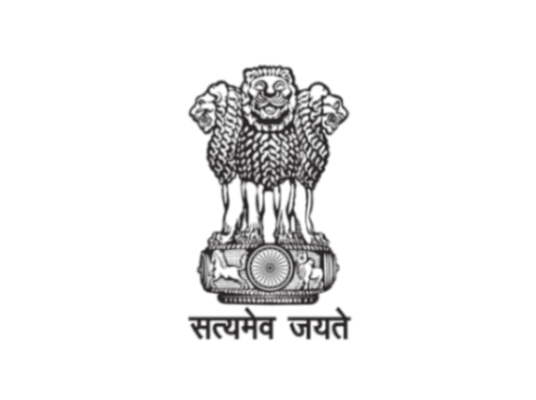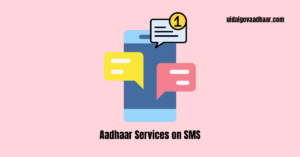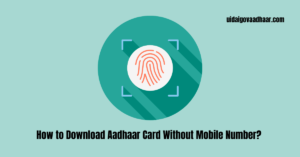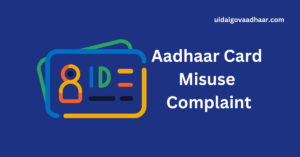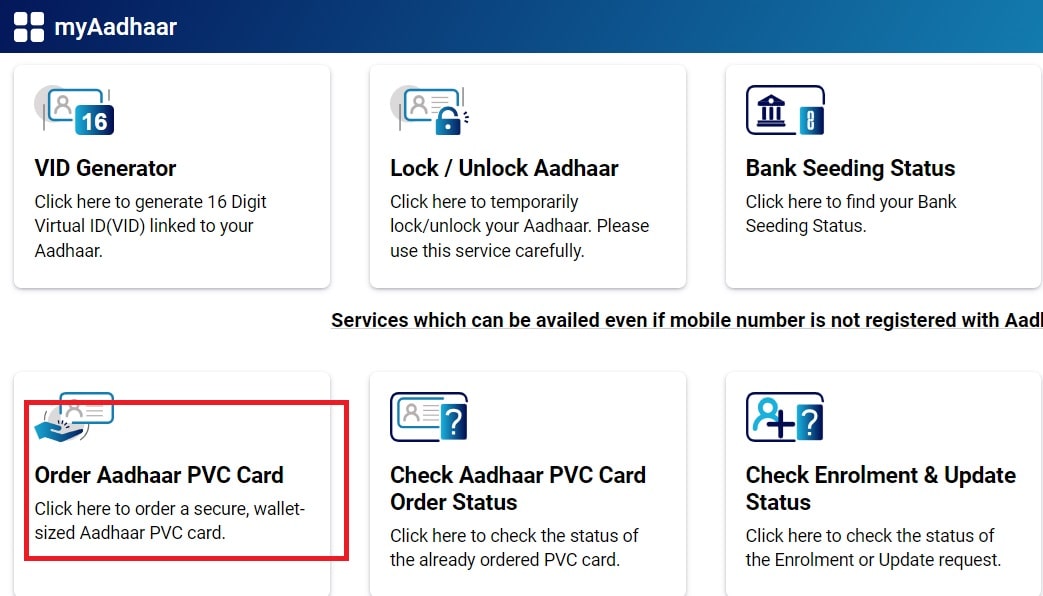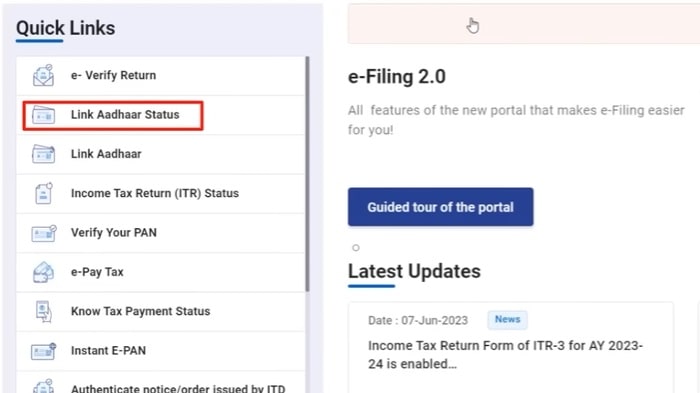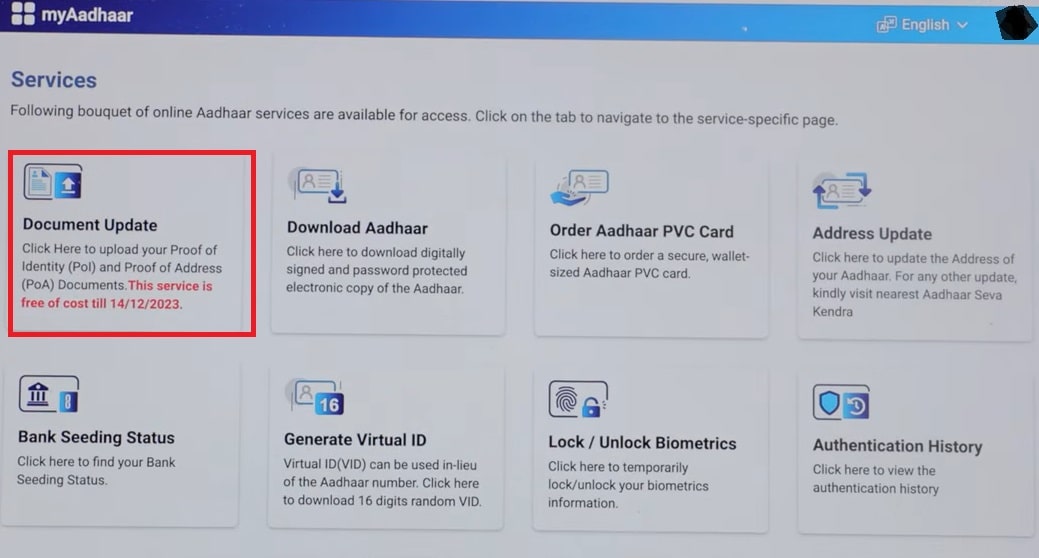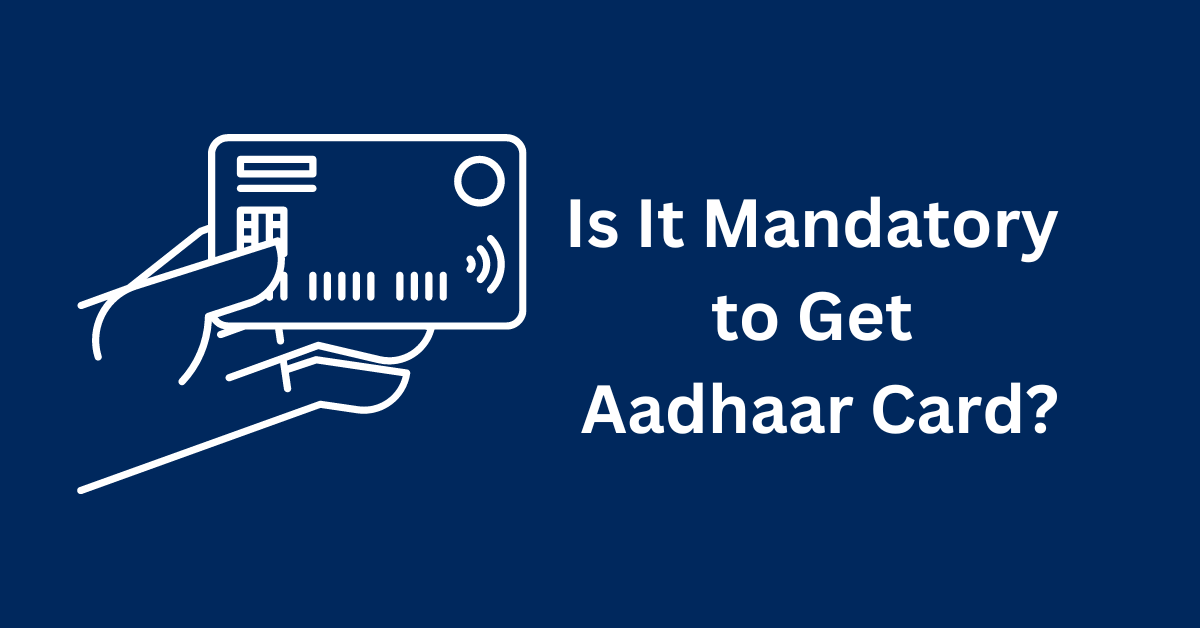 Is It Mandatory to Get Aadhaar Card? Mandatory vs Voluntary Services. Supreme Court Cases and Judgements Related to Aadhaar Card.
Is It Mandatory to Get Aadhaar Card? Mandatory vs Voluntary Services. Supreme Court Cases and Judgements Related to Aadhaar Card.
The Aadhaar card, which contains a unique 12-digit identification number linked to an individual’s demographic and biometric information, has become ubiquitous in India.
However, there is still some debate around whether obtaining an Aadhaar card is mandatory for Indian citizens. Here is a detailed look at the current status of Aadhaar card requirements in India:
Background of Aadhaar
The Aadhaar card project was started in 2009 under the Unique Identification Authority of India (UIDAI) to provide a form of digital identity to all residents of India.
The UIDAI began issuing Aadhaar numbers and cards to Indian residents in 2010. As of 2022, over 1.3 billion Aadhaar cards have been issued, covering over 90% of the Indian population.
The goals of the Aadhaar system were to improve access to government welfare programs, increase financial inclusion, enhance fraud detection, and provide identification to residents.
The Aadhaar number was intended to be used for Know Your Customer (KYC) norms, opening bank accounts, securing loans, paying taxes, and various other purposes.
Also Read About:
Supreme Court Rulings on Aadhaar
There have been several landmark Supreme Court rulings related to Aadhaar which have clarified whether it can be mandated:
- In 2018, a five-judge constitutional bench of the Supreme Court upheld the validity of Aadhaar but struck down Section 57 of the Aadhaar Act that allowed private entities to demand Aadhaar verification. The court ruled that Aadhaar could not be mandatory for things like bank accounts, mobile services, etc.
- In the same 2018 judgment, the Supreme Court stated that Aadhaar would remain mandatory for the filing of Income Tax returns as well as for the allotment of PAN cards. The court also upheld the passing of the Aadhaar Act as a money bill.
- In 2021, the Supreme Court ruled that no citizen can be denied benefits under welfare schemes for lack of Aadhaar. It cannot be made mandatory for basic rights and services.
Mandatory vs Voluntary Services
Based on these Supreme Court judgments, obtaining an Aadhaar card is mandatory for government benefits and income tax procedures but voluntary for private services. Here are some examples:
Mandatory
- Applying for a PAN card for income tax filing
- Subsidies and benefits under government welfare schemes
- COVID-19 vaccination registration
- Opening bank accounts under Jan Dhan Yojana
Voluntary
- Getting a new mobile SIM card connection
- Booking private travel tickets like air or rail
- Admission to private schools or colleges
- Renting property and utilities connections
In summary, while an Aadhaar card has become essential for accessing many government services, it cannot be mandated by private entities. Citizens can still get a mobile SIM, open a bank account, or get school admission without Aadhaar. But they may need to provide alternate KYC documents if they don’t have Aadhaar.
Also Read:
Supreme Court Cases and Judgements Related to Aadhaar Card
Here are some key Supreme Court cases and judgments related to Aadhaar card and its mandatory linking:
Justice K.S. Puttaswamy (Retd.) vs Union Of India (2017)
- This was a landmark 9-judge bench decision that established privacy as a fundamental right under Article 21 of the Indian Constitution.
- It paved the way for challenging the mandatory linking of Aadhaar for invasion of privacy.
Justice K.S. Puttaswamy (Retd.) vs Union Of India (2018)
- A 5-judge constitutional bench upheld the constitutional validity of Aadhaar but struck down its mandatory linking to bank accounts and mobile numbers.
- It held that Aadhaar Act as a Money Bill was valid.
- Aadhaar mandatory for filing of Income Tax returns and allotment of PAN cards.
Shreya Sen vs Union of India (2013)
- Supreme Court issued an interim order saying Aadhaar cannot be made mandatory until the final disposal of the case.
Lokniti Foundation vs Union of India (2018)
- Supreme Court upheld the linking of Aadhaar with PAN cards as mandatory under the Income Tax Act.
K.S. Puttaswamy vs Union of India (2019)
- Supreme Court ruled that private companies cannot insist on mandatory Aadhaar cards for providing services.
Justice K. S. Puttaswamy (Retd.) & Anr. vs Union Of India (2021)
- Supreme Court confirmed that no person can be denied benefits under welfare schemes for lack of Aadhaar.
Also Read:
Ongoing Debate and Concerns
There is still debate around making Aadhaar mandatory even for more government services. Here are some key concerns:
- Exclusion – Critics argue that making Aadhaar mandatory can exclude poor and marginalized citizens who have not been able to obtain one due to lack of documents or difficult registration procedures.
- Privacy and surveillance – Civil society groups have raised concerns about the violation of privacy, mass surveillance, and profiling enabled by mandatory linking of Aadhaar with multiple databases.
- Data security – There are apprehensions about data leaks from the UIDAI database which stores sensitive biometric information of citizens.
- Excessive authentication – Mandating Aadhaar for too many services can increase citizen inconvenience due to issues like biometric authentication failures, poor internet connectivity, etc.
The UIDAI and government argue that the benefits of Aadhaar in welfare delivery outweigh privacy concerns and teething issues which can be fixed over time. However, the debate continues around balancing privacy, inclusion, security, and convenience.
Conclusion
While the Supreme Court has permitted mandatory use of Aadhaar for income tax and welfare schemes, it cannot become a pre-condition for basic private services. The unique ID program remains controversial but is here to stay as 1.3 billion Indians already have Aadhaar cards.
However, more legislation and UIDAI reforms are needed to strengthen privacy, security and redressal mechanisms for citizens. Striking a balance between the benefits and risks of biometric identity systems will continue to evolve in public discourse around digital governance in India.
FAQs
Q1. Is it mandatory to get an Aadhaar card in India?
A. No, it is not mandatory for all citizens to get an Aadhaar card. However, it is mandatory for filing income tax returns, getting a PAN card, and accessing government welfare schemes.
Q2. Can private companies like banks, telecom operators, etc. make Aadhaar mandatory?
A. No, the Supreme Court has ruled that private entities cannot demand Aadhaar for providing services. They can accept Aadhaar as an optional KYC document, but have to allow alternative documents.
Q3. Is Aadhaar mandatory for getting a new mobile connection?
A. No, Aadhaar is not mandatory for getting a new mobile SIM card connection from private telecom operators. They have to accept other KYC documents if you don’t have Aadhaar.
Q4. Do I need Aadhaar for opening a bank account?
A. Aadhaar is mandatory for opening accounts under the Pradhan Mantri Jan Dhan Yojana scheme. For other bank accounts, Aadhaar is voluntary, and banks have to accept other KYC documents.
Q5. Is Aadhaar required for school admissions?
A. No, Aadhaar cannot be made mandatory for admission to private schools. It is also not required for admission to government schools as per Supreme Court orders.
Q6. Can I be denied government subsidies or welfare benefits for not having Aadhaar?
A. No, the Supreme Court has ruled that no citizen can be denied benefits under welfare schemes for lack of Aadhaar. Alternative enrollment methods have to be provided.
Q7. What are the main concerns around making Aadhaar mandatory?
A. The main concerns are exclusion of marginalized sections, privacy violations, data security risks, and excessive use of biometric authentication causing inconvenience.
